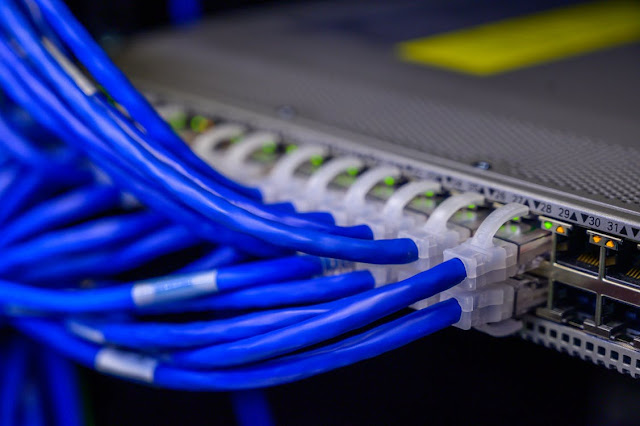Find your local cable Internet providers
According to the FCC's Broadband Progress Report, 70% of Americans have fewer than three provider options (and it counts all Internet types). Satellite Internet is available nationwide and is usually one of those options. DSL and cable have very different availability depending on the state and fiber-optic internet is very rare. Your first step is to find out which providers are serving your home. Our tools above will help you find cable Internet providers that are available for your zip code.
Audit your speed requirements
When it comes time to buy your Internet plan, you need to know how fast your home needs go. The Internet service is sold in speed-based packages, measured in Mbps (megabits per second). Typically, cable internet packages are between 10 Mbps and 100 Mbps and include HD video streaming, online gaming and file download. If you only use the Internet to check email or social media and you don't want to pay for high speeds, DSL or satellite internet might be best for you. Remember, these slow speeds usually come cheap.
Determining your needs depends on your usage habits. Some of the usage demands, including the number of connected devices and the type of Internet activity, will be implemented. Internet speed works like a traffic highway: the more people use it, the slower you go. High-demand usage, such as video conferencing or real-time gaming, requires high speed and high monthly data.
 |
| Cable Internet Provider |
Determine your data requirements
Internet data works the same as your phone data plan, giving you a fixed allocation of "gigabytes" (GB) for a month based on your online activity. Most cable internet companies run data caps from 250GB. In some cases, Netflix requires about 1 GB of SD streaming for about an hour and 3 GB of HD streaming an hour. If you only use the Internet for light email and web browsing, you can live on 50 GB per month. Massive users should search for a plan with data of about 500GB or more. If you exceed your data limit, providers will issue an alert and eventually charge for more data.
Cable Internet Providers FAQ
What's the Difference Between Cable and Fiber Internet?
Although Fiber-Optic Internet runs with character cables, it is very different from traditional cable internet. Fiber is transmitted to the Internet via glass strands instead of copper; As such, it is not completely affected by environmental conditions and multiplies specific Internet speeds.
Fiber Internet providers are very low with low availability. Traditional cable Internet providers, such as Comcast, have begun to offer fiber services, but it must go a long way before reaching nationwide availability, just like other Internet types.
What is the fastest internet cable speed?
The fastest cable internet speed is Xfinity's 2,000mbps. There are some providers, such as Cox Communications and AT&T, that offer speeds of more than 1,000mbps. The average speed in the US is 72 Mbps. Fun fact: The fastest internet speed was recorded in 2014, when the University of Denmark technical data transmitted 43TB of data per second using an optical fiber and laser transmitter.
Should I Buy My Router?
We highly recommend that all your neighbors rent the same stock equipment from your local internet service provider, and for this reason you have more network issues. These routers are on the same frequency frequency and slow traffic for everyone during prime surfing. By purchasing your own specialized router, you can jump the fast lane.
You can also save $ 10 to $ 15 (regular rental fee) by buying your own equipment each month. A wireless router usually costs between $ 60 and $ 200, but it can start paying after a year or more, without the provider's monthly fee. Check with your internet provider to confirm this.





0 Comments